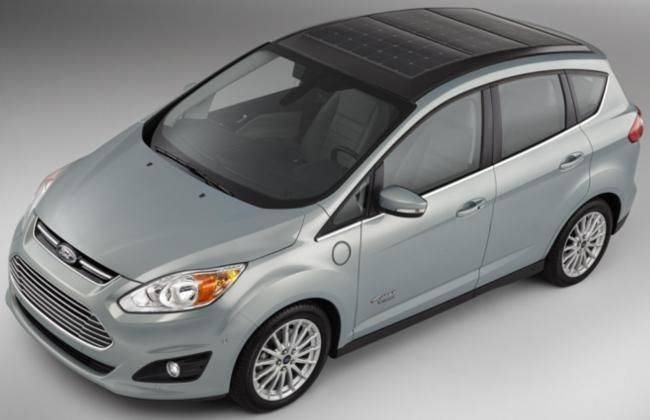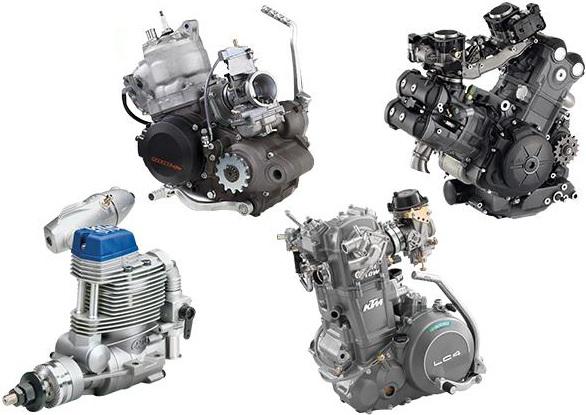Technology Decoded: Solar Energy Concept Vehicle
Modified On Apr 06, 2016 11:41 AM By Sahib
- Write a comment

Solar energy concept vehicle may be a pure electric vehicle or a hybrid electric vehicle that uses solar energy to charge its batteries continuously on-the-go. This concept efficiently increases the backup power and range of Electric Vehicles to a very large extent. Solar cars eliminate the need of installing charging stations. With advantages like energy saving and zero-emissions, we can expect a solar revolution in the automobile sector in the near future.
Technology Explained:
In a solar car, a solar panel is installed at the roof of vehicle so that it receives maximum amount of sun rays. The upper surface of the solar panel is covered with a thick glass to avoid any damage. Other technical insights are discussed below:
1. A Solar panel is made up of multiple inter-connected solar cells. Each solar cell converts solar energy into electricity.

2. The electricity from solar panels passes through a charge controller, which regulates the voltage and current. This regulated output from charge controller charges the main battery pack of our vehicle continuously on-the-go.
3. Some manufacturers use a special concentrator that acts like a magnifier for the sunlight, so that the intensity of sunlight is increased to optimum levels. Sun tracking system can also be employed to get as much exposure to sunlight as possible.

How a Solar Cell actually generates electrical energy from light:
Solar cell is made up of two thin slices of silicon (semiconductor material) sandwiched together. One of these slices of silicon is n-doped and other is p-doped. Other technical insights are discussed below:
1. n-doped silicon has excess of electrons and p-doped silicon has excess of holes (vacancy for electrons). When these two slices are brought together, electrons from the n-type silicone flow into the holes of the p-type silicon near the junction. This leads to formation of p-n junction (or depletion layer) that prevents further combination of electrons and holes.

2. As the sun rays fall on this cell, more electron-hole pairs are created by exciting an electron from the atom. Now, if this happens at the interface of 2 slices (depletion layer), excited electrons start moving to the n-doped slice and holes to p-doped slice. A state of more imbalance would be there under such conditions.
3. Now if we connect these two silicon slices by an external circuit, electrons will flow to the free holes through this circuit and hence flow of electric direct current (DC) builds up.
Power Output:
A single solar cell produces about 0.5 Volt. To magnify power, DC output of solar cells of a single panel are combined. The average output of single panel ranges from about 175 W to 235 W. Multiple such solar panels are either combined in series or in parallel, depending upon the output requirements.
Advantages:
- Zero greenhouse gas emission.
- On-the-go charging system.
Disadvantages:
- Small speed range.
- High initial cost.
- Lower rate of conversion of energy (about 16-20 %).
Also Read: Technical Aspects: Engine Classification










